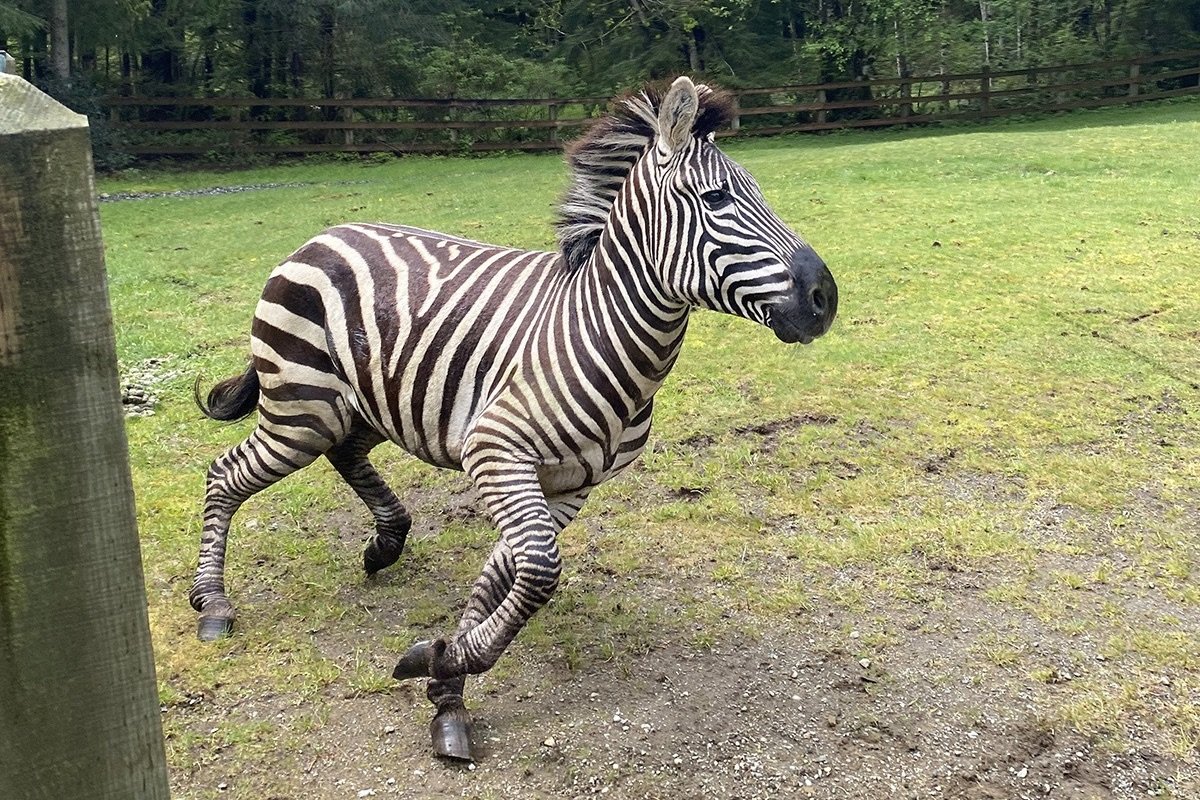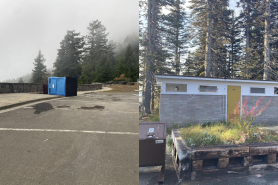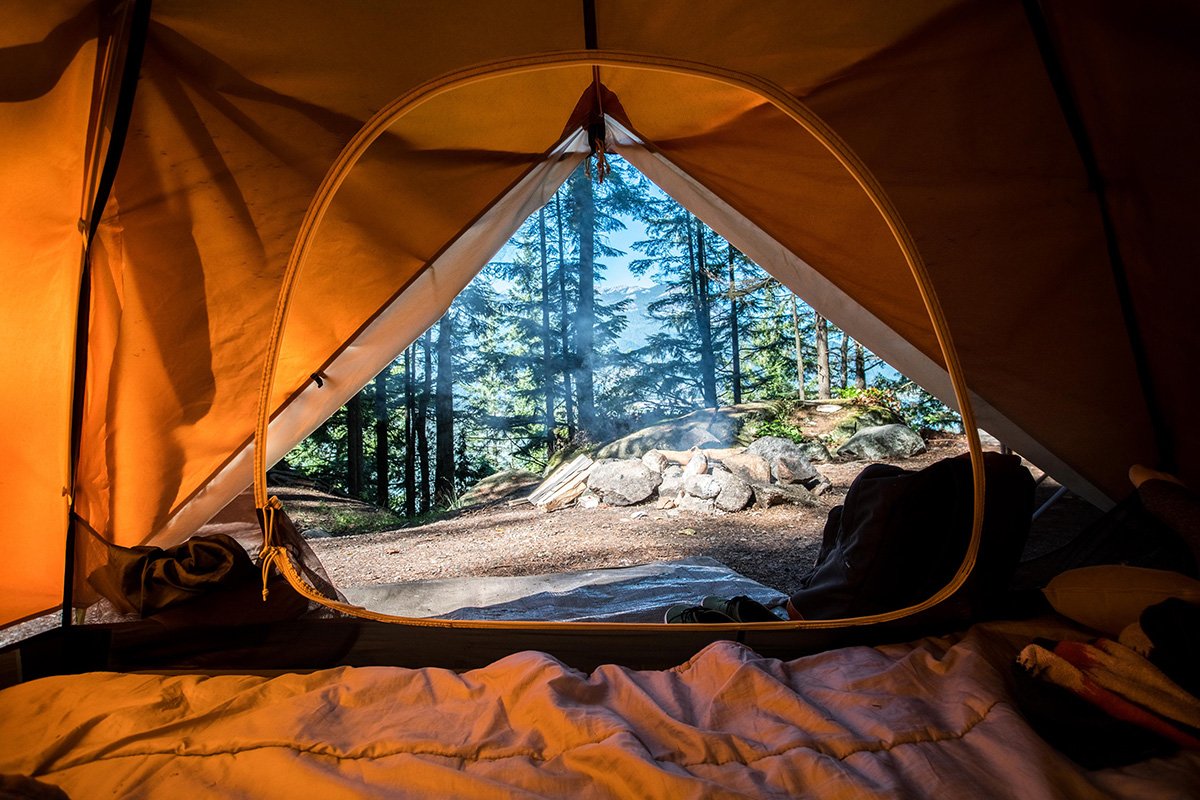

The great outdoors is always calling, but there’s one resource that, when lacking, waylays even the best-laid plans: time. The beginning of a new year, however, is a chance to recommit to quitting old and unproductive habits and ringing in new ones. Time is a precious and finite commodity, so Outdoors.com spoke with several productivity experts who are here to help fine-tune our resolve to get out and enjoy Mother Nature more in the months ahead. Read on for their top tips to improve productivity—your outdoor gear will thank you.
TIP 1: Change the way you approach productivity
Alexis Haselberger, a time management and productivity coach whose clients have included Google and Lyft, says she thinks about productivity not as “doing all the things” but rather as “doing what I intended to do.”
According to Haselberger, successfully prioritizing tasks so that the things you accomplish in a day are more important and meaningful than the things you didn’t complete is truly when you gain a true sense of control. “No one can do it all,’” Haselberger insists. “Productivity is about choosing, with intention, the right things to do, and doing them.”
Janifer Wheeler, a productivity coach, author, speaker, and founder of The JOYFull BadAss, notes that the dictionary defines productivity as results due to output, “but for some people, it’s about doing more in less time, while for others, it’s about finding balance and prioritizing tasks.”
The key to starting the process of becoming more productive? “Knowing what productivity means to you and setting realistic goals based on that,” Wheeler says.
TIP 2: Decide your why

Perhaps you crave longer hikes at the end of the work day or you want to be able to get a jumpstart on weekends in the wilderness. Nicole Gabai, a certified virtual organizing professional and founder of B. Organized, recommends asking yourself why you want to get organized and be more productive.
“Remember your why,” she advises. “Whatever your reason, keep it in mind as you begin this journey, and use it to motivate you as you continue.”
Gabai believes organization helps clear the mind, freeing up time for more important endeavors. “When you are organized, you can stop living life reactively, driven by each little crisis, and instead take a more proactive, intentional approach to directing your own life,” she says.
TIP 3: Tailor your system to your unique preferences and needs
In order to optimize success when it comes to productivity, to thine own self be true. “You want to try to build habits and strategies around who you actually are, instead of trying to fit yourself in someone else’s box,” Haselberger says.
The productivity expert gives sleep patterns as an example. “If you’re a night person, stop trying to force yourself to wake up at 5 a.m.,” she says. “Instead, experiment with how you can get what you need to get done, done in the hours that work for you.”
Haselberger adds, “There’s nothing special about the morning. You’ll be more productive if you can map your work to your most naturally focused hours, whatever those may be.”
TIP 4: Pick a system and create a to-do list
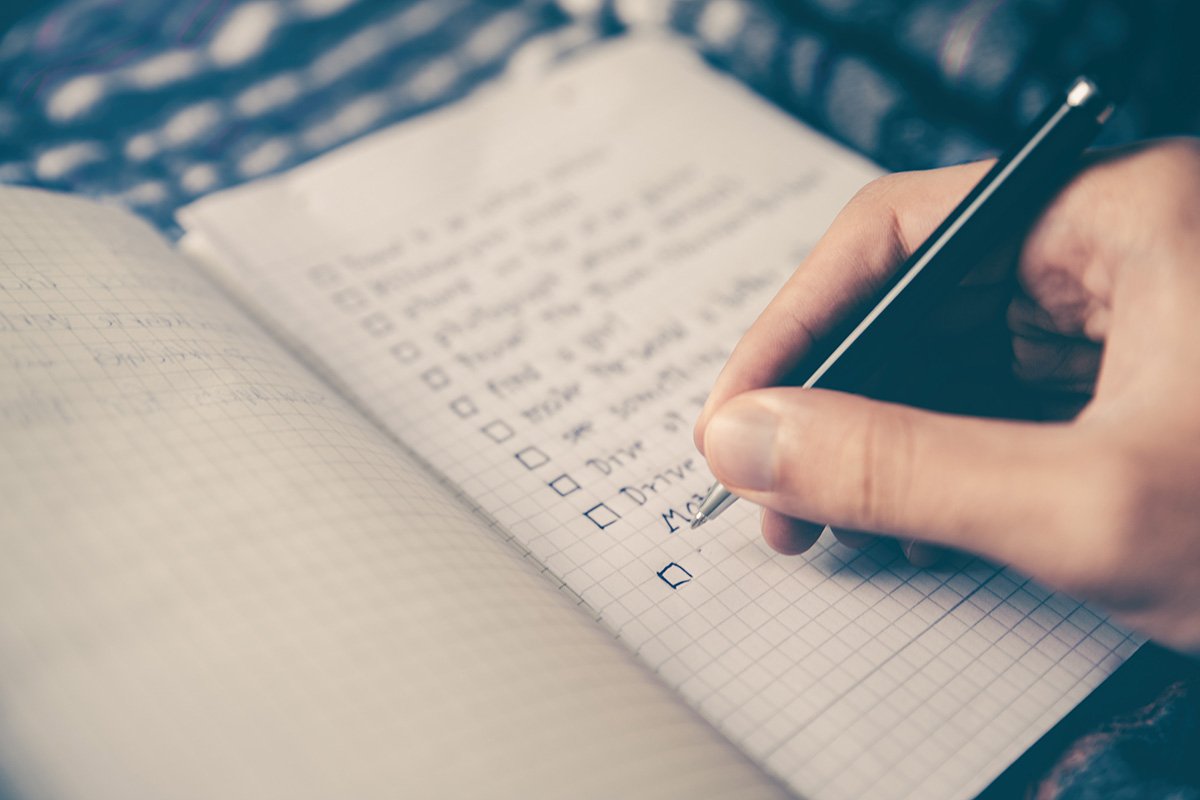
Most productivity experts agree that it’s vital to create a daily to-do list. “Start brain dumping. Get all that stuff out of your head so that you can focus on doing the stuff instead of remembering what it all is,” Haselberger says, explaining that the process will also allow you to prioritize tasks effectively, since you’ll be able to see everything in one place.
No matter what kind of productivity system you choose, whether it’s a handmade list or task app, Haselberger warns it will work only if there are four critical fields: task name, description, date, and comments.
“When something flits through your mind, get it into your system,” Haselberger says. “This way you can get yourself out of reactive mode and start being more proactive about how you spend your time.”
TIP 5: Minimize all those distractions
Distractions are the death of productivity, and the more we’re interrupted, the less time we have to get outdoors. Haselberger points to surprising studies that show each distraction takes a person, on average, 23 minutes to refocus. In fact, many people burn up as much as one-third of their day just trying to get back on track.
The worst time sucks? “Our phones and computers tend to be the biggest culprits here,” she says.
Haselberger recommends taking a few minutes to turn off all those unnecessary notifications on apps, such as social media, games, and, yes, even email. This simple action provides most people the biggest bang for their buck when it comes to ratcheting up productivity.
“The fewer dings and pings, the easier it will be for you to focus,” she says. “It’s so much easier to remove temptation than to resist it.”
TIP 6: Decluttering and then reorganizing spaces requires a strategy
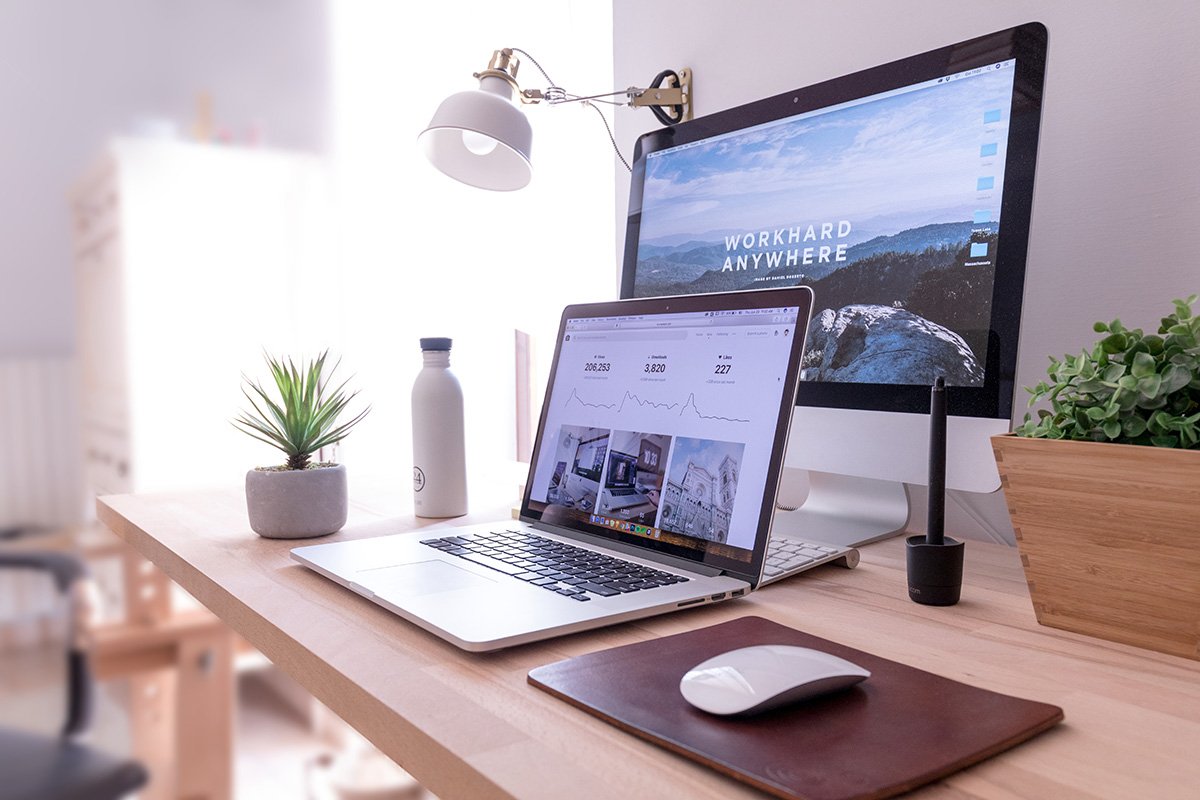
Gabai says the best way to start organizing a space is to acknowledge what currently works and what does not. “Start in small spaces first,” she suggests, “then, identify which area causes you the most tension and anxiety, and continue there.”
Her number-one way to produce the most amount of extra time via getting organized is by getting spaces into tip-top shape—and, contrary to popular opinion, just decluttering isn’t enough. “Instead, it’s important to use sections and zones to organize in a way that works for your life and will be sustainable,” the organizational expert says.
Spaces organized into sections and zones improves productivity and saves you time. “In sectional organizing, each room is divided into areas that correspond to a given activity,” she says. Zones, on the other hand, “are a way of prioritizing the stuff you have within each section of a room and deciding what to keep and where to put it.”
With zones, first decide which items must be easily accessible, then which are necessary but don’t need to be regularly accessed, followed by those things that are not useful at all. “It is important to give top priority to the objects that you use often—they should be in the most convenient place,” or in zone one, Gabai says. “Objects you use less often should be in zone two or three.”
TIP 7: Give yourself a break
While it may seem counterintuitive, taking intentional breaks when working on something is actually a smart way to remain productive once you’re on a roll. Breaks, Haselberger says, give us the chance to recharge and reset our brains, which, in turn, increases focus, creativity, problem-solving skills, and energy when returning to tasks at hand.
Wheeler agrees. “When I was a teacher,” she recalls, “we gave frequent brain breaks [to the students] and incorporated movement when possible. Just because you are not a fourth grader doesn’t mean you can’t take a short walk, listen to music for five minutes, have a mini dance party, or do a puzzle.”
TIP 8: Plan ahead

At the end of each day, make a realistic plan for the next day. Haselberger emphasizes that this should be a short list of tasks you can actually accomplish within the timeframe you have available. “You want to plan for the time you actually have, not the time you wish you had,” she says.
TIP 9: Don’t take decision-making lightly
One of the biggest ways to waste valuable resources of time is to say “yes” when we really should say “no.” Make it a regular habit to not agree to do something right away. Haselberger suggests instead making the phrase “let me get back to you” your go-to default. That gives you both the time and space to judge whether a request is something you want to tackle and something you actually have the time to complete.
“Anytime we say yes to something we’d rather not do, we’re saying no to something we’d prefer,” she explains, “because we don’t have time to do everything.”
Productivity coach Wheeler believes it’s time to put an end to the notion we need to fill every moment with productive activity. “That’s exactly why people are burning out,” Wheeler says. “We are not made to think and act constantly.”
She adds, “Downtime to recharge our emotional, physical, and mental batteries is essential and actually leads to [being] a more productive person.”
TIP 10: Set outdoor goals
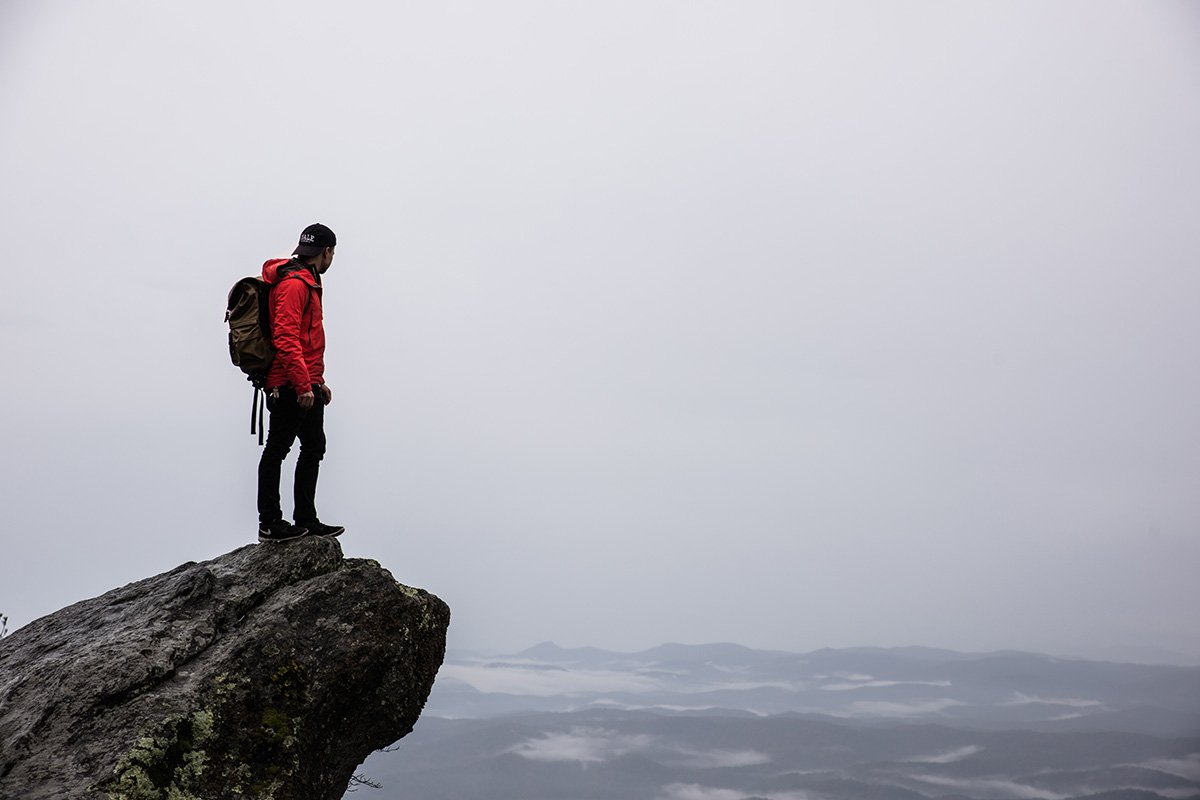
Try to view your outdoor activities as a goal, and keep in mind they’re really the ultimate rewards for all your efforts. So, just as you would create targets for completing work tasks, keep track of all those outdoor endeavors you want to do, whether it’s exploring a new trail, scaling a challenging new cliff, or simply chasing the sunset. After all, the point of mastering productivity is so you can savor nature. Strike that ideal balance and let the outdoors become an integral part of your productivity success story this year.

